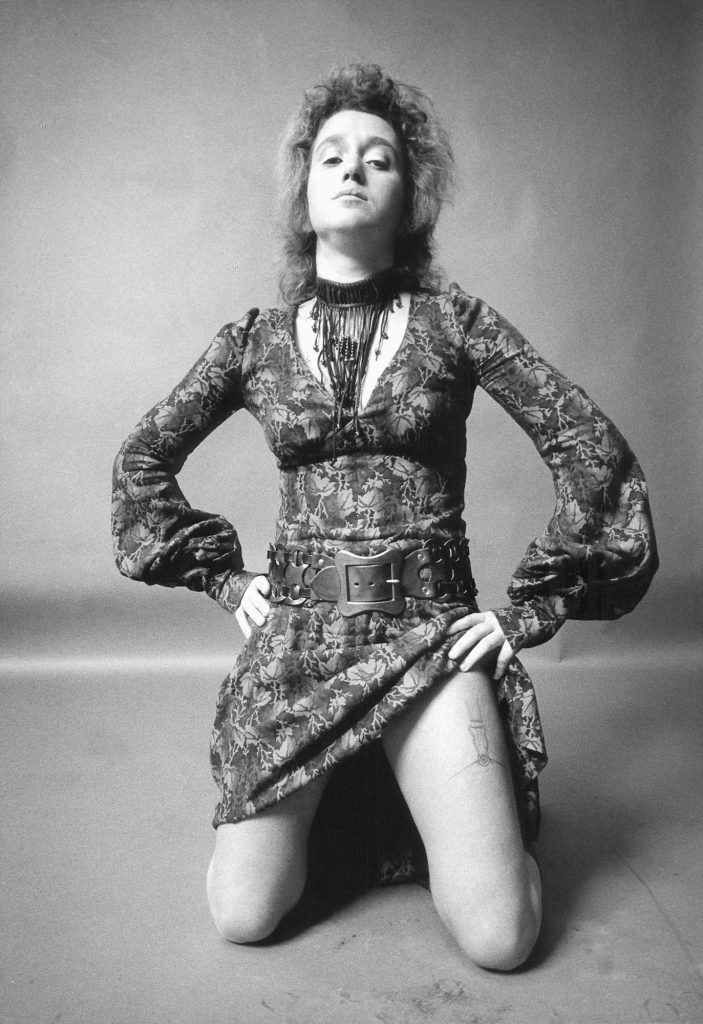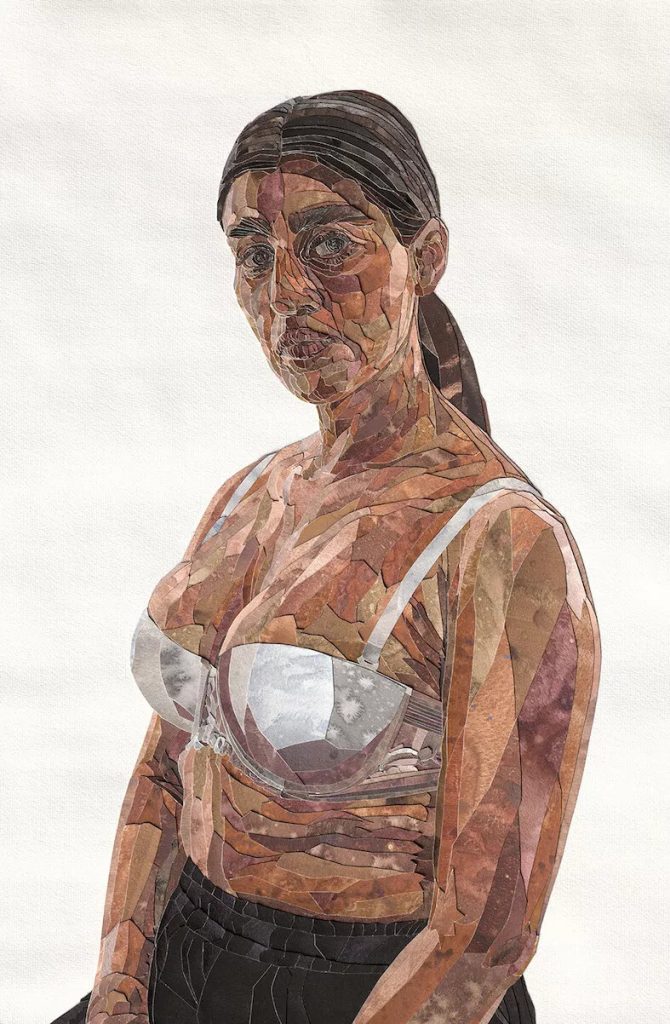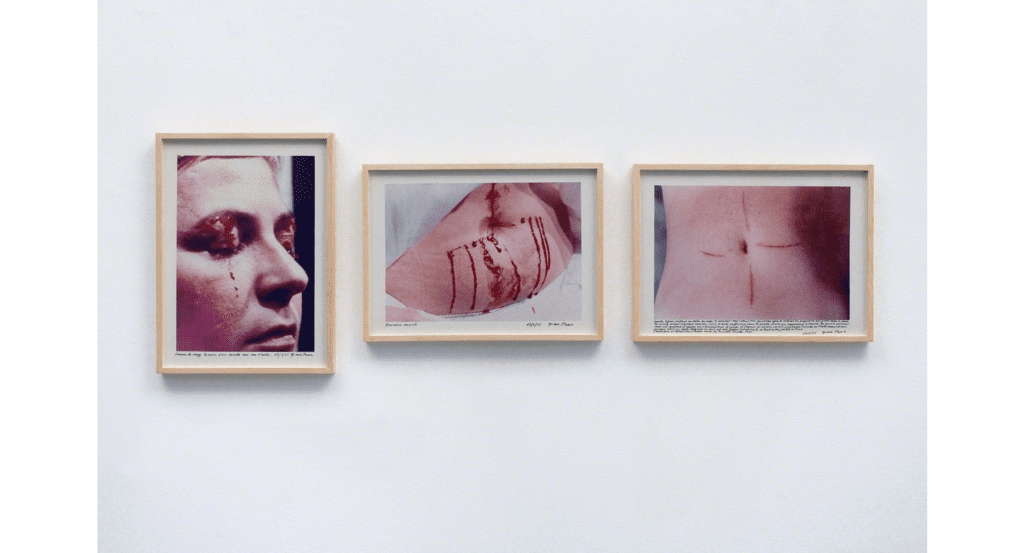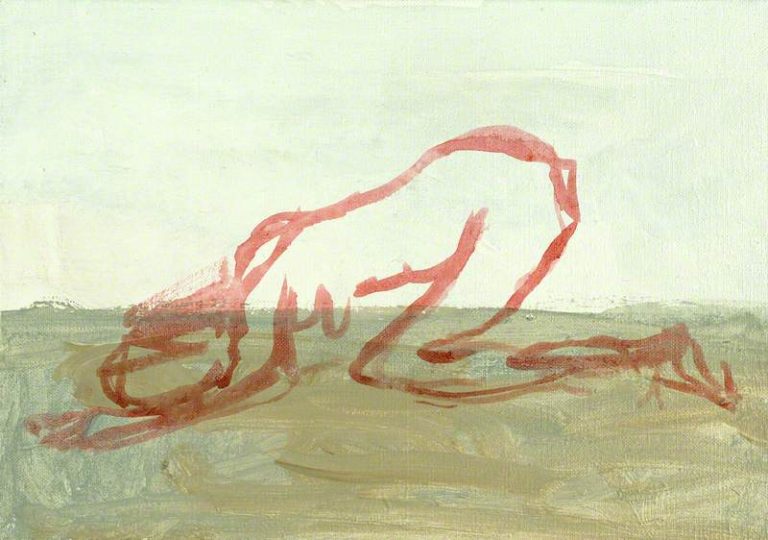The concept of body image is deeply intertwined with cultural narratives, reflecting societal values, norms, and aesthetics. It’s a critical aspect of self-identity and mental health. Body image encompasses an individual’s perceptions, feelings, and attitudes towards their physical appearance. It significantly influences self-esteem, confidence, and overall well-being. Culture acts as a lens through which beauty standards and body ideals are established and propagated, varying considerably across different societies and historical periods.
Historical Perspectives on Body Image
Beauty and body image ideals have evolved over centuries, influenced by societal changes, artistic movements, and historical events. From the robust figures of the Renaissance to the waifish silhouettes of the 90s, body image ideals have shifted dramatically, reflecting the changing societal attitudes towards health, wealth, and beauty. The perception of body image has undergone significant transformations, with recent decades witnessing a gradual move towards more inclusive and diverse representations of beauty.
Global Variations in Body Image Perception
Cultural diversity brings about a wide array of body image perceptions, highlighting the beauty in human variation and challenging universal standards. Contrasts between Eastern and Western beauty ideals reveal diverse cultural priorities and health perceptions, from the Western emphasis on fitness to the Eastern value of facial features. Indigenous cultures often celebrate body diversity and natural beauty, offering alternative perspectives that challenge mainstream media’s often narrow beauty standards.
Media’s Role in Shaping Body Image
Media is a powerful conduit for disseminating body image ideals, significantly impacting individual and societal perceptions of beauty. The fashion and advertising industries have historically promoted narrow beauty standards, though there’s a growing shift towards diversity and realism in representation. Social media platforms have become battlegrounds for body positivity, with influencers and everyday users advocating for self-love, acceptance and challenging unrealistic beauty standards.
Psychological Effects of Cultural Body Image Standards
The cultural standards of body image can have profound psychological impacts, affecting individuals’ mental health and life satisfaction. The relentless pursuit of artistic beauty ideals can lead to body dysmorphic disorders characterized by obsessive thoughts about perceived physical flaws.
Cultural conditioning significantly shapes self-esteem and body satisfaction, with societal norms and media portrayals influencing personal body perceptions.
Changing Trends: Towards Inclusivity and Diversity
The narrative around body image is gradually shifting towards greater inclusivity and diversity, celebrating a broader spectrum of beauty. There’s a growing movement within fashion, media, and advertising industries to embrace and celebrate diverse body types, skin tones, and beauty standards. Global movements advocating for body positivity and diversity influence local cultures, challenge traditional beauty ideals, and foster a more inclusive view of beauty.
The Influence of Fitness and Wellness Industry
The fitness and wellness industries play complex roles in shaping body image perceptions, balancing between promoting health and perpetuating certain body ideals. While the fitness industry promotes health and well-being, it often simultaneously reinforces specific aesthetic body ideals, creating a dichotomy between health-driven and appearance-driven motivations. The wellness culture, focusing on holistic health, offers an alternative perspective on body image, emphasizing functionality and well-being over appearance.
Cultural Icons on Body Image
Celebrities and cultural icons significantly influence public perceptions of body image, often serving as trendsetters and role models. Public figures who openly embrace their natural bodies and challenge conventional beauty standards can positively impact body image perceptions among their followers. Celebrity culture contributes to shaping body image trends, with stars’ appearances and lifestyle choices often becoming aspirational benchmarks for beauty and fitness.
Future Perspectives on Body Image and Culture
As cultural attitudes evolve, so will the perceptions of body image, pointing towards a future that values diversity and health over conformity to rigid standards. Emerging cultural trends, including the normalization of diverse body types in media and the rejection of photo retouching, pave the way for a more inclusive understanding of beauty. The globalization of body positivity movements and the increasing cross-cultural exchange of beauty ideals hold the potential for a significant global shift towards more inclusive and diverse perceptions of body image.

BODY SIGN B, 1970
Courtesy of THADDAEUS ROPAC

Countenance #2, 2022
Courtesy of ZIDOUN-BOSSUYT

Psyché [Psyche], 1974
Courtesy of ARTSY

